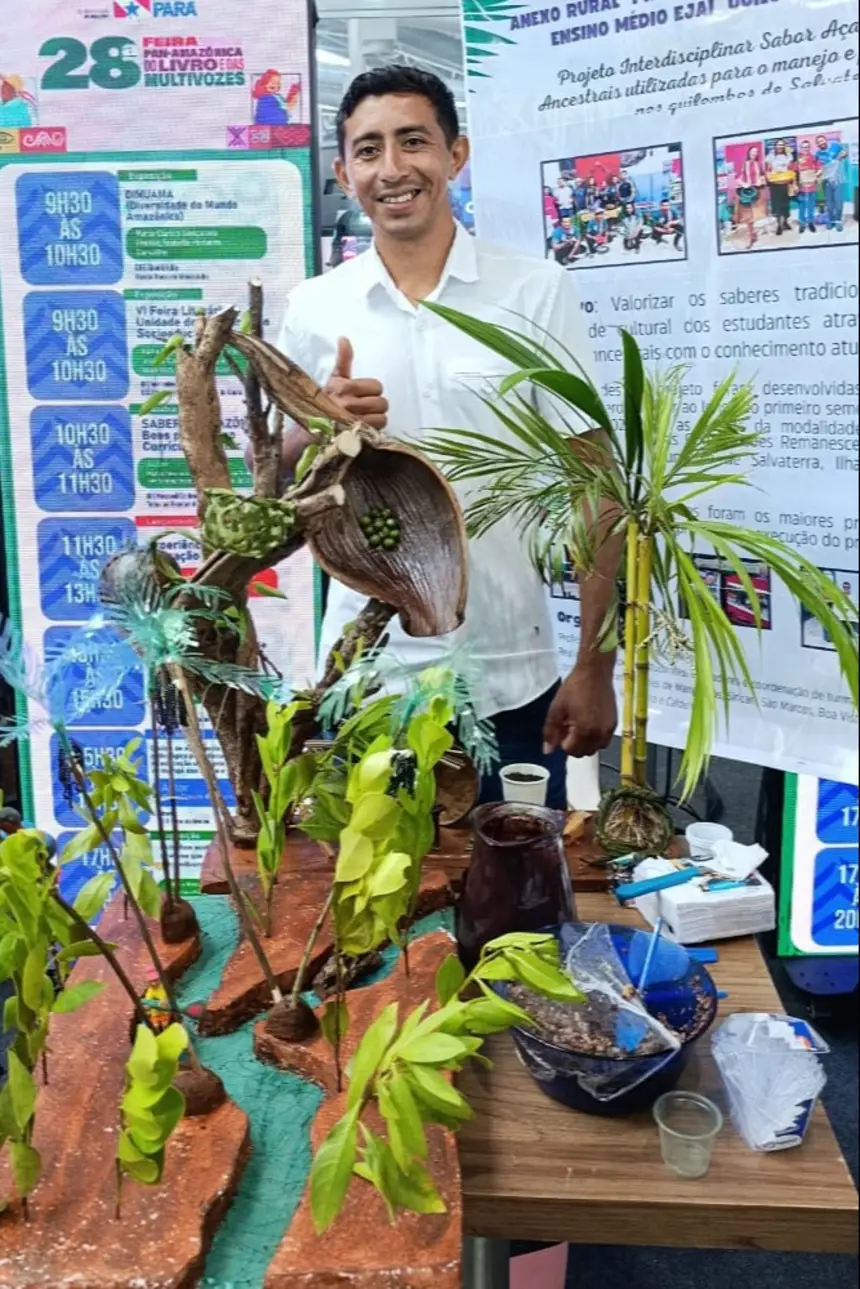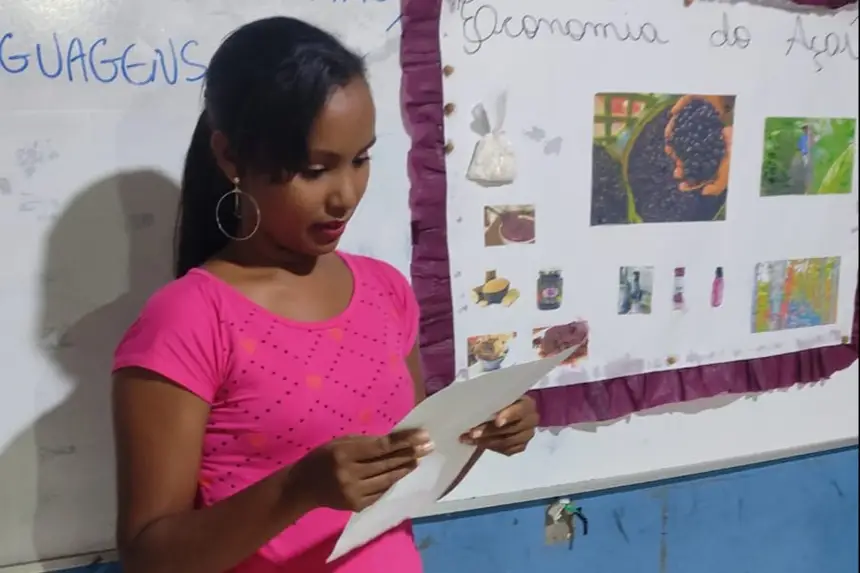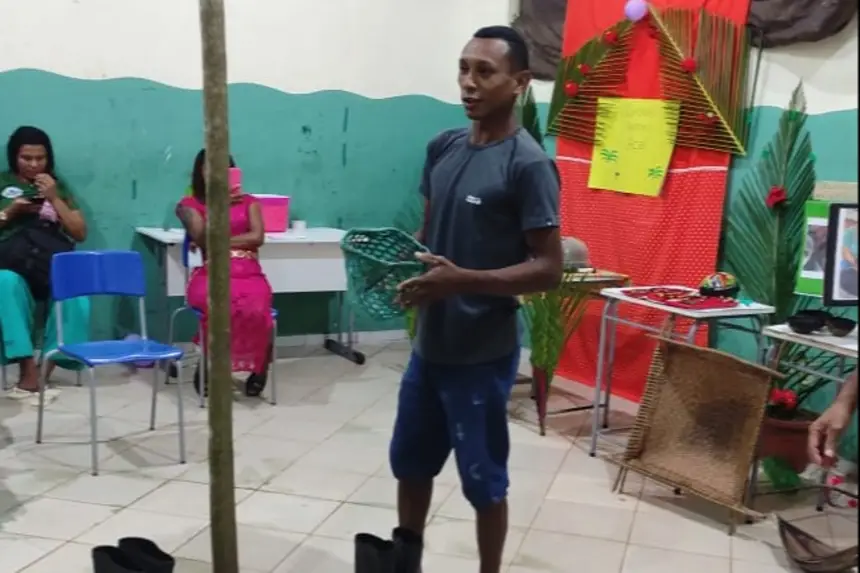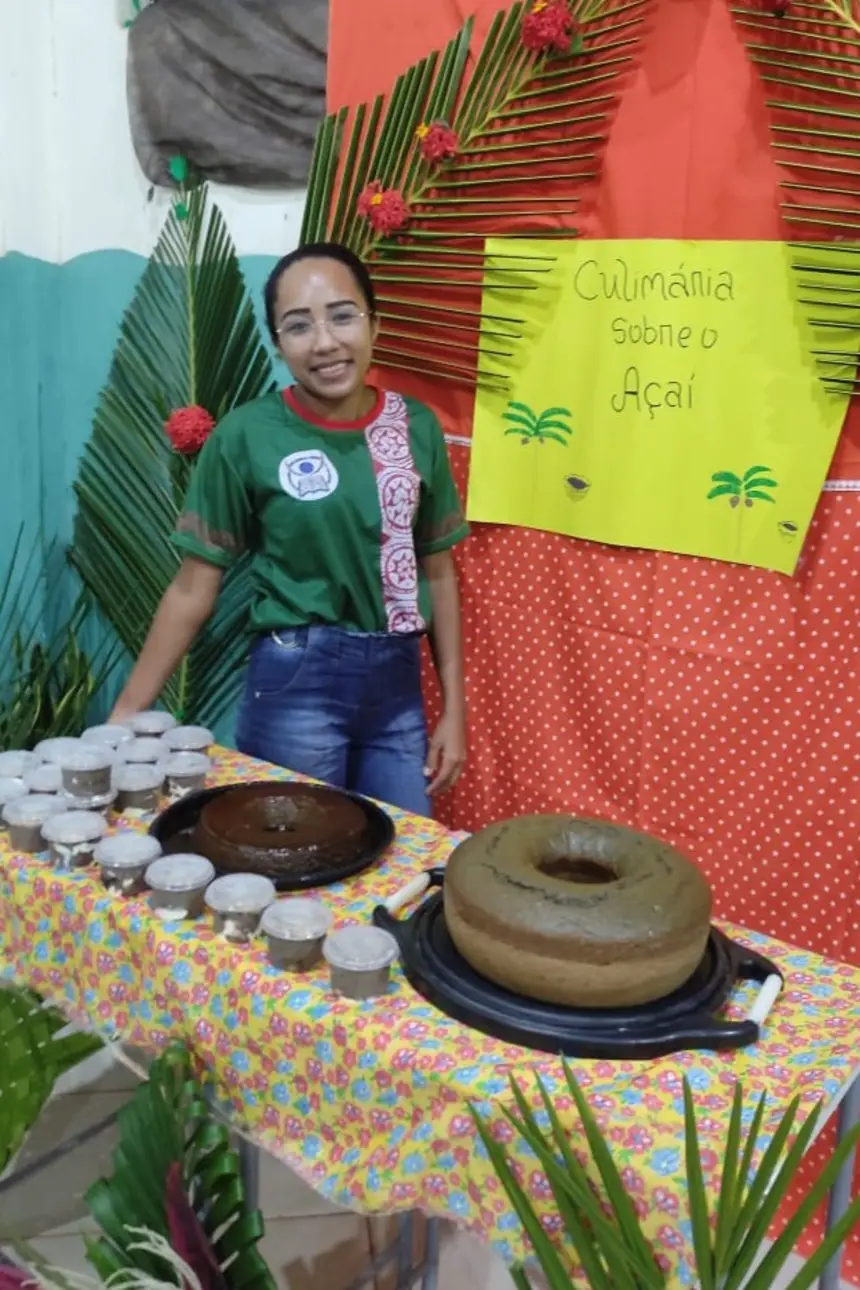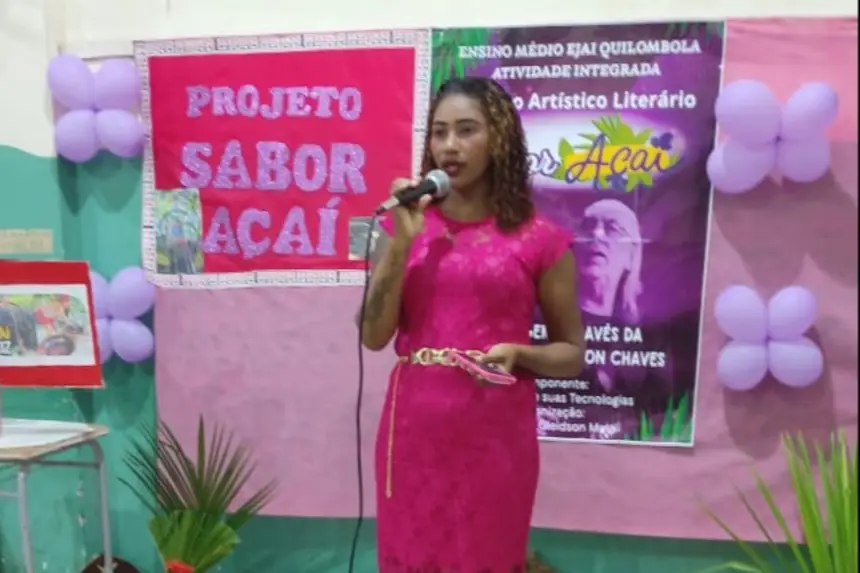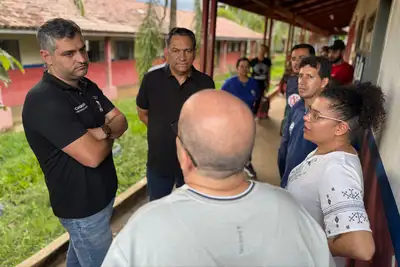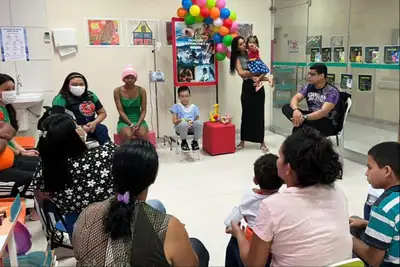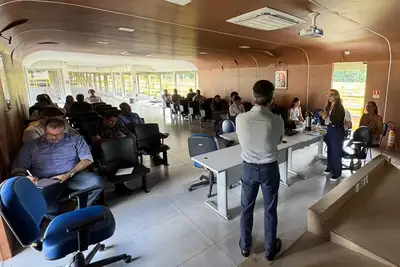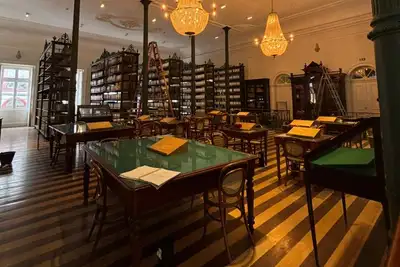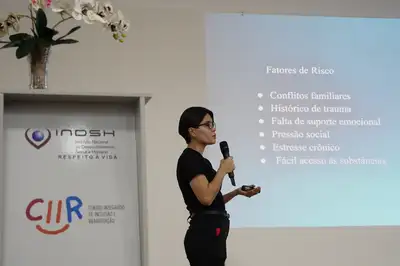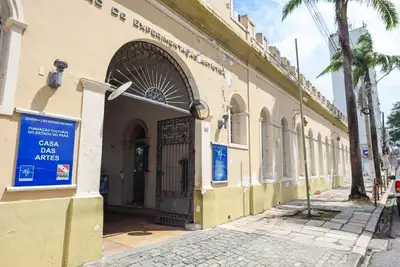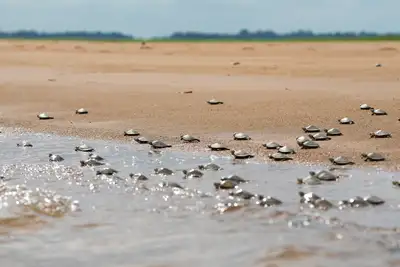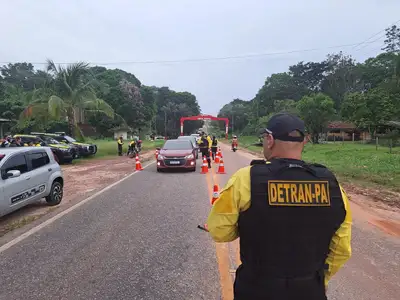Quilombola students lead a project about açaí in the Marajó archipelago
The initiative values traditional knowledge and strengthens cultural identity through Environmental Education in public school systems
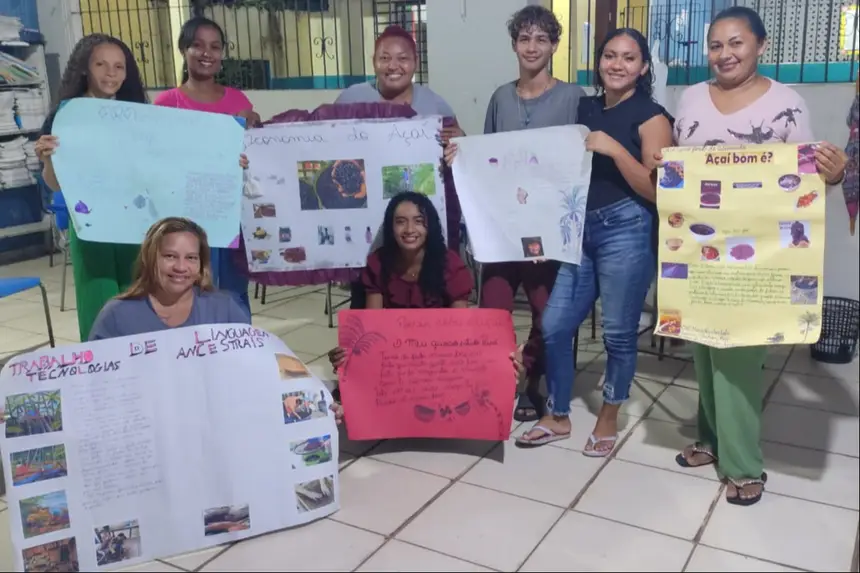
High school students from the Quilombola Youth, Adults, and Elderly Education (EJAI) at the Rural Annex Professor Ademar Nunes de Vasconcelos in Salvaterra, in the Marajó archipelago, developed the project "Açaí Flavor: ancestral technologies used for the management and production of açaí in the Quilombola communities of Salvaterra."
The project originated from a lesson plan in Art and Literature, inspired by the song "Açaí Flavor" by Pará composer Nilson Chaves, and expanded through the students' engagement. The initiative aims to value traditional knowledge through dialogue between ancestral practices and current knowledge and to strengthen the cultural identity of the students. Throughout the first semester, the youth took the lead in activities carried out directly in the communities, involving family members and local residents.
Coordinated by Professor Gleidson dos Santos, the work was developed in groups, each focusing on a theme, such as the açaí economy and the work of "peconeiros," culinary uses of the fruit, ancestral management technologies, as well as artistic expressions like poetry.
"It was a very productive and successful moment. The students presented in a seminar format and surprised everyone with their quality and involvement. The difference was that the community and families also participated in the culmination, transforming the activity into a collective meeting of cultural and educational appreciation," highlighted Professor Gleidson.
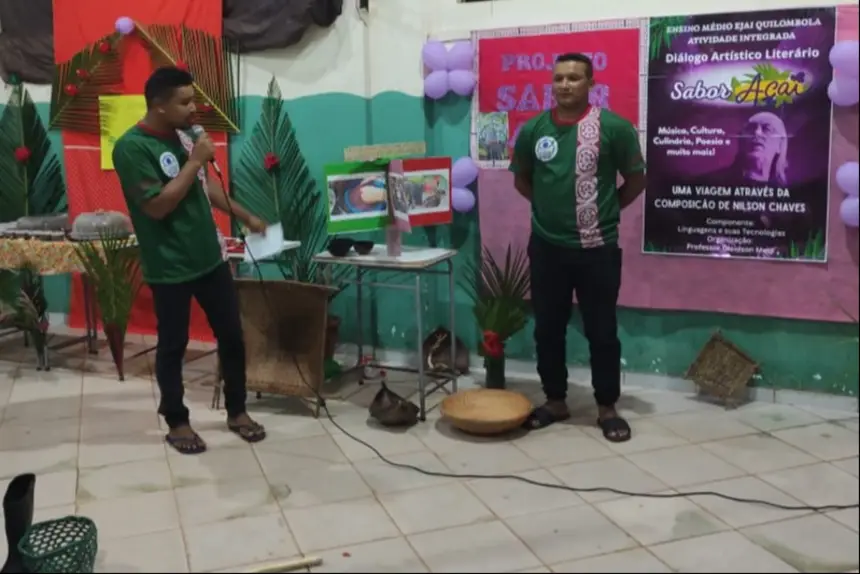
The students' leadership was one of the strongest points of the experience. For Rosivan Monteiro da Silveira, a student of the Quilombola EJA from Vila União, a farmer and açaí extractor, the project represented a personal and collective milestone.
"I participated in the Açaí Flavor project here in Marajó, which we presented at Hangar. And for me, as a student and açaí farmer, this was very important because it brought knowledge that only enhances, strengthens, and values our culture. This project brought literature, art, and our work to other people to know. I am very satisfied and grateful to have participated. I wish more people could experience this because it is a way to share our knowledge and our flavor with the world."
The annex covers the communities of Mangueiras, Siricari, São Marcos, Boa Vista, São Benedito da Ponta, Vila São Vicente, Vila União, and Caldeirão.
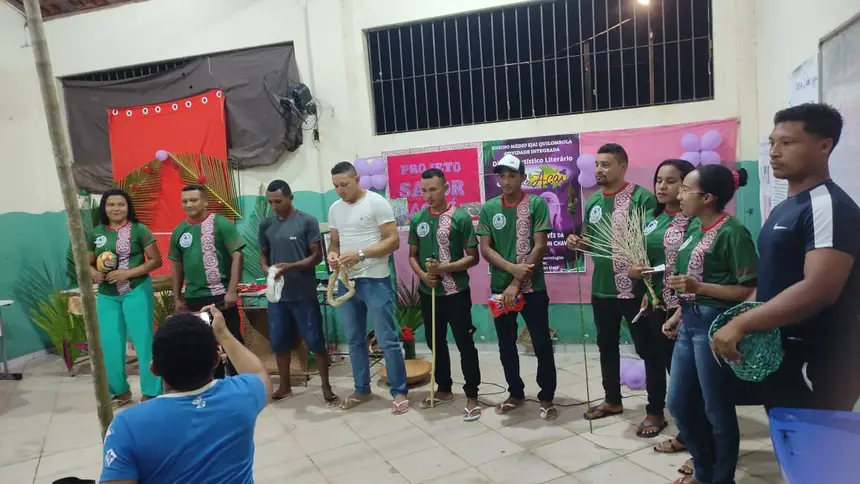
Environmental Education in schools - The project is part of the Environmental Education, Sustainability, and Climate Policy established in 2023 by the Government of Pará. Since the first semester of 2024, the Environmental Education curricular component is mandatory at all stages of education in the state network and, by adherence, in municipal schools.
Pará is a pioneer in the country by including sustainability as a mandatory curricular subject, encouraging student leadership and promoting environmental preservation actions throughout the territory.



